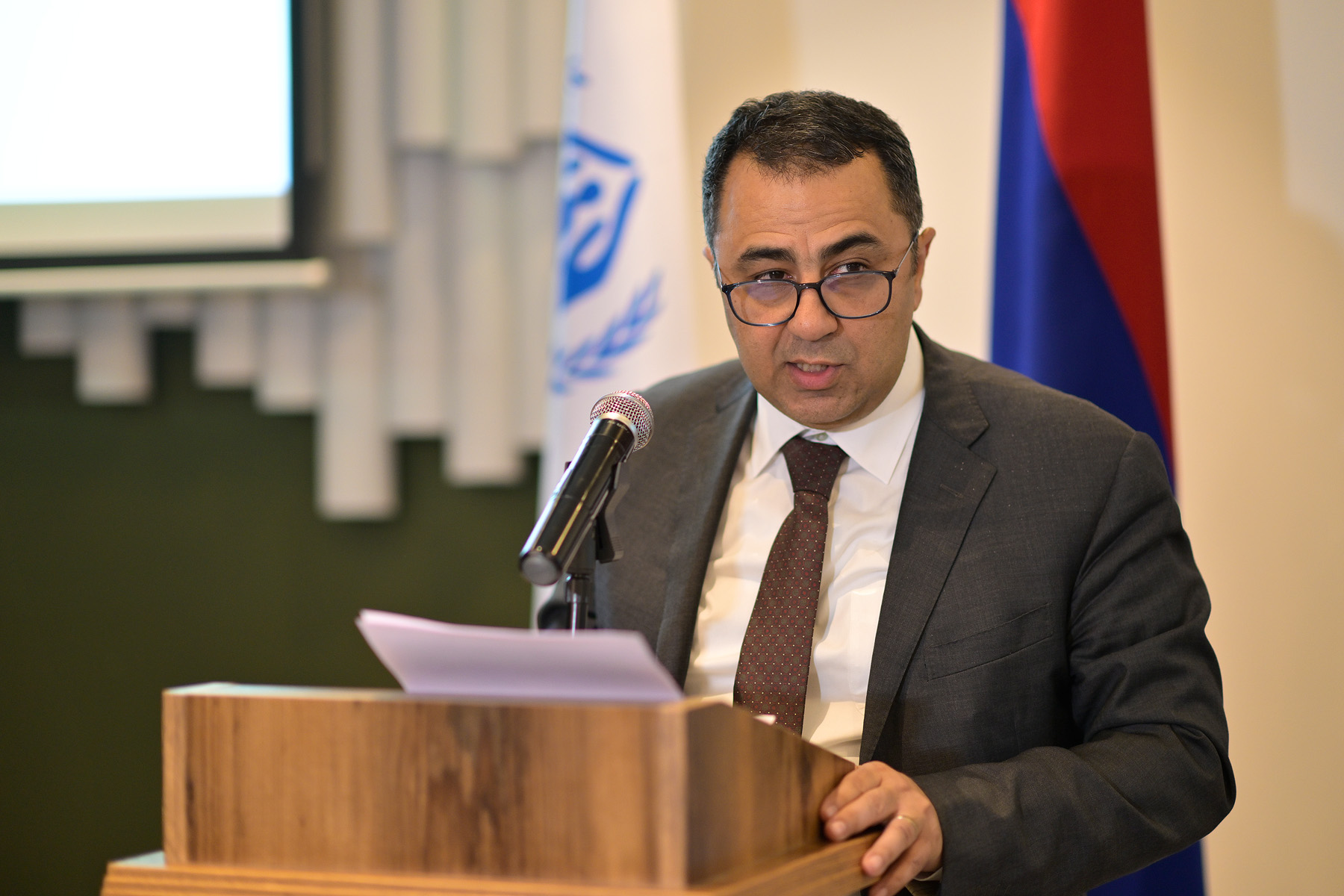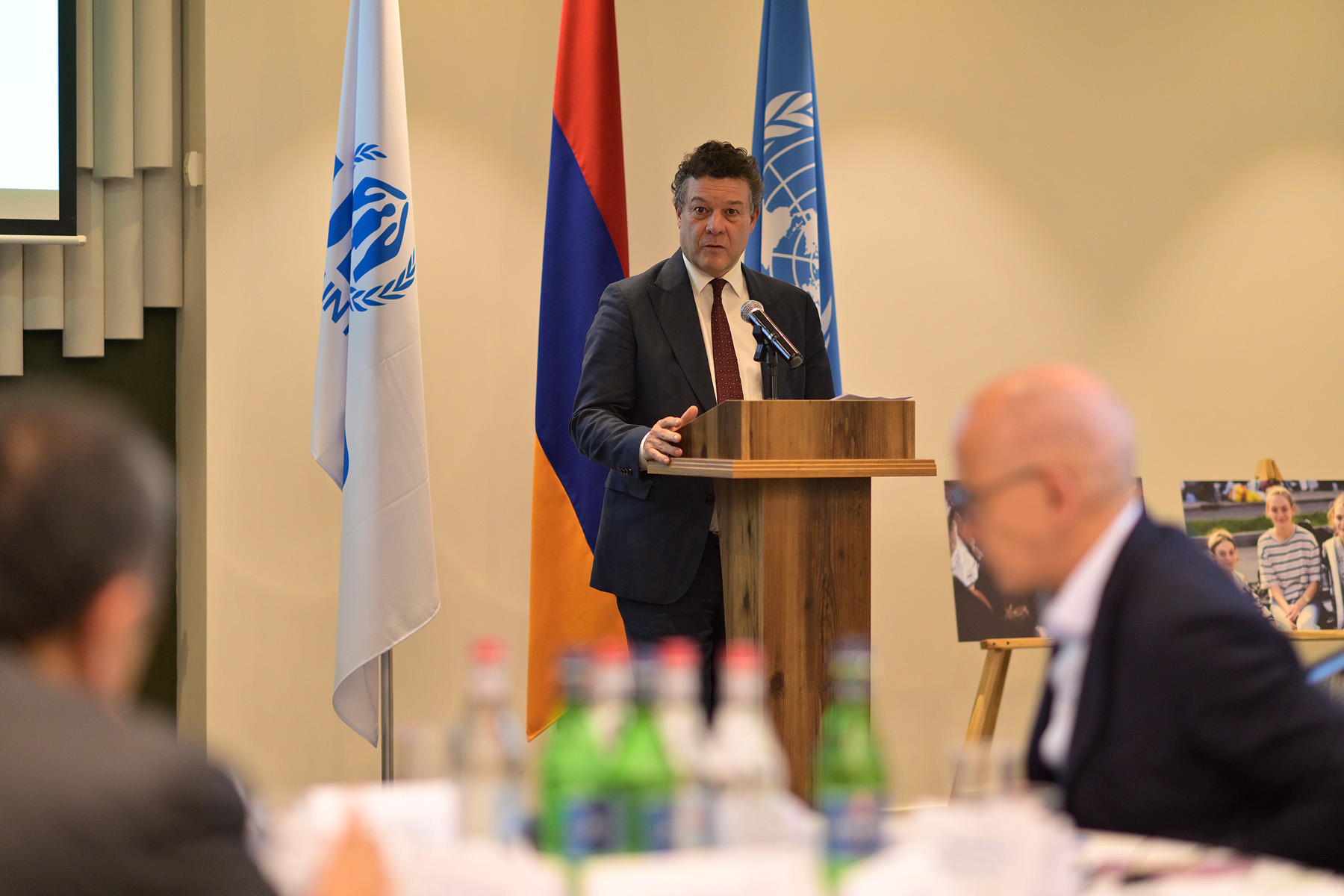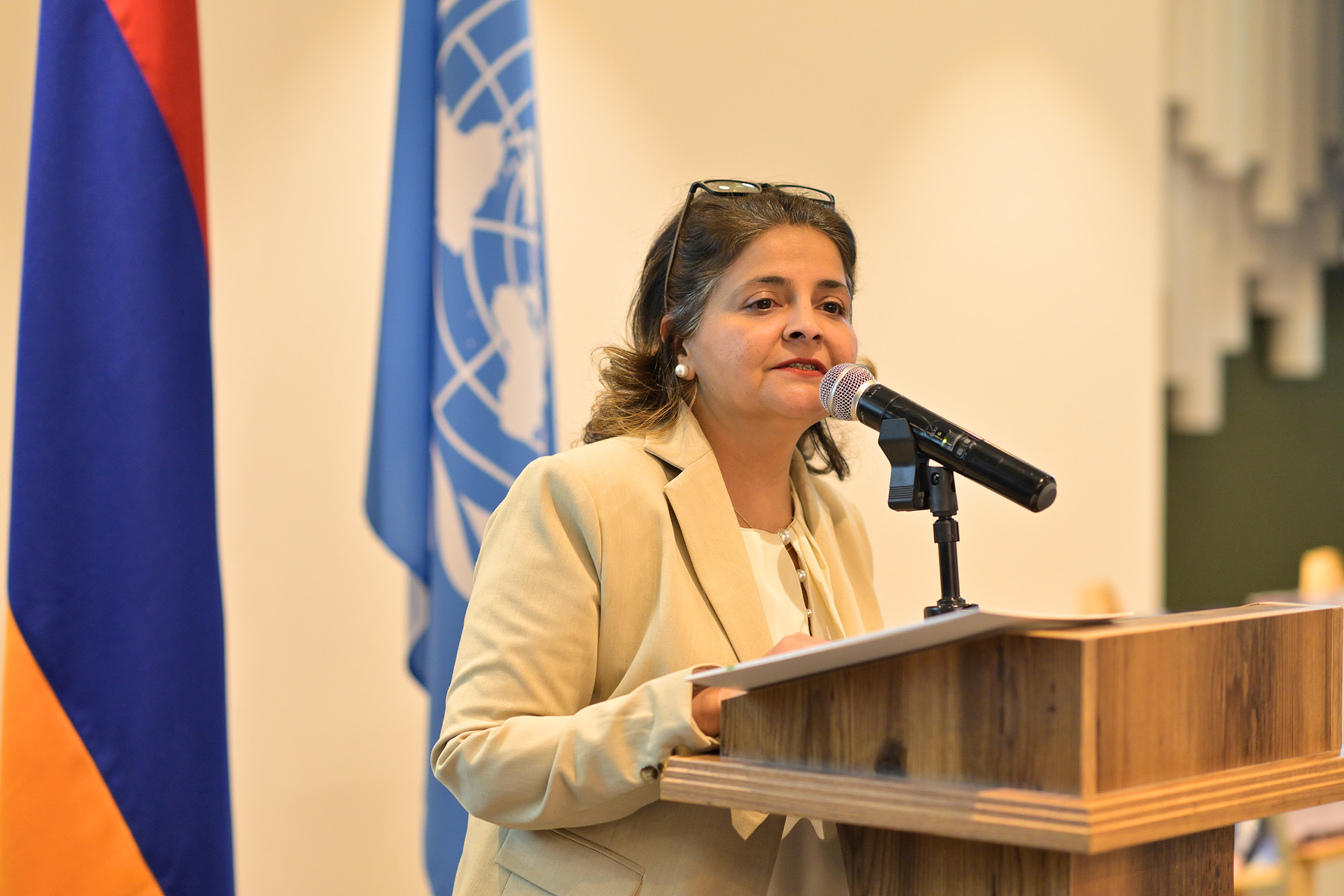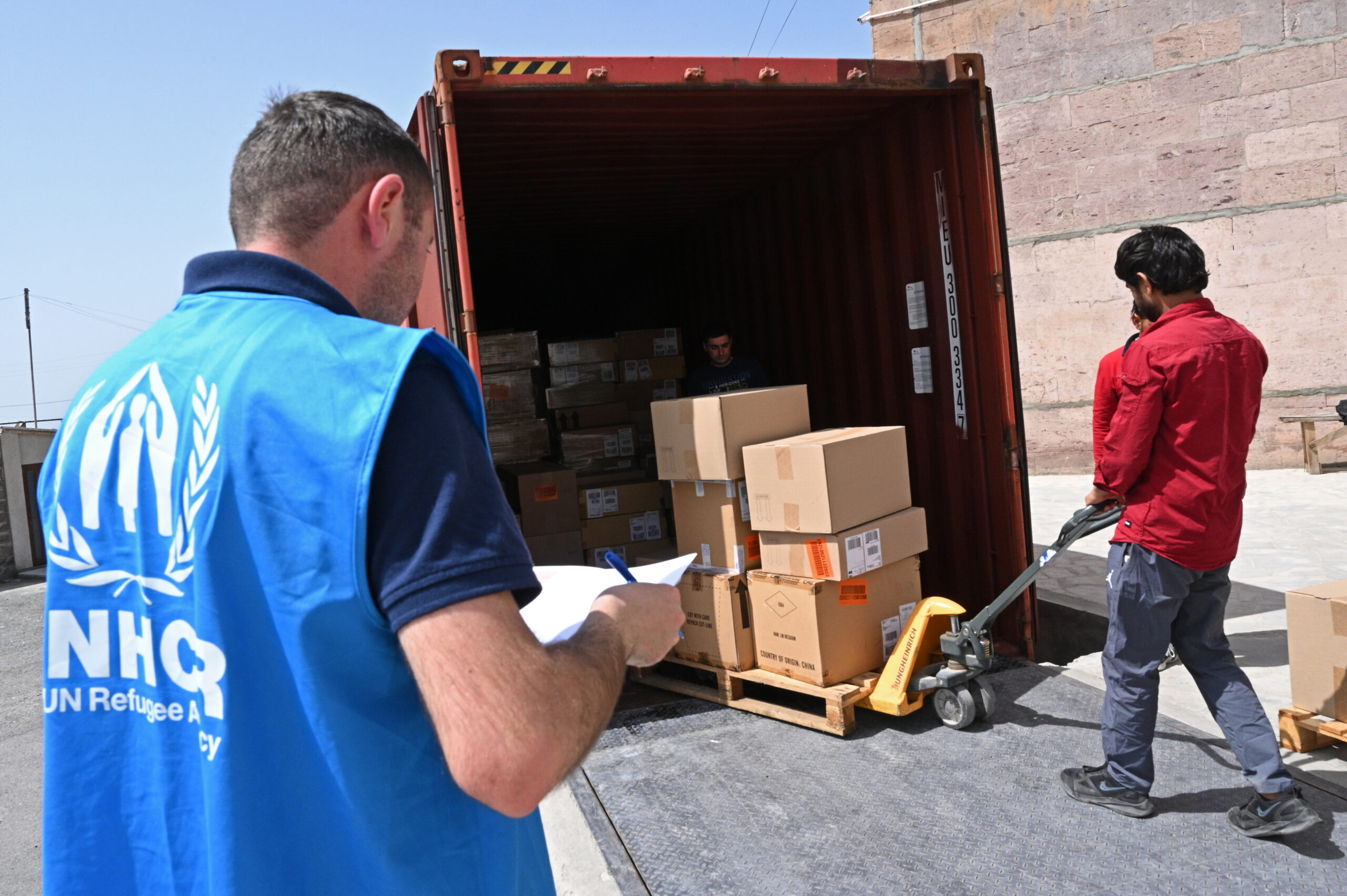
Government Armenia has the primary responsibility to protect refugees. UNHCR Armenia has a mandate to provide international protection to refugees and support the efforts of Government by seeking funding for, and coordinating the international assistance provided by the many stakeholders, such as other UN agencies, international and national non-governmental organizations, faith-based organizations and refugee-led organizations, involved in refugee situations. The successful delivery of refugee assistance programmes requires close coordination throughout the entire programming cycle, including the needs assessment, planning and budgeting stages, and consultation with local authorities in the concerned area.
Coordination
UNHCR under its mandate is the lead agency to bring together concerned bodies for needs assessments, and the formulation of objectives, programmes, reporting systems and policy guidelines. UNHCR retains overall responsibility to ensure that an appropriate durable solution is implemented, while respecting the independence of its partners who have been selected for their professional expertise and to whom authority has been delegated accordingly. Thus, UNHCR’s operational role always includes a coordination function, regardless of whether UNHCR is providing the funding.
Together with the Government of Armenia, UNHCR coordinates all protection and assistance to refugees, attempting to:
- Ensure that assistance is timely, appropriate and cost effective.
- Establish appropriate standards and ensure their application.
- Identify complementarity and synergy among those involved in providing assistance
- Avoid duplication of assistance activities.
- Facilitate communication and joint planning among the organizations involved; and
- Encourage effective management practice at all stages of programmes, from emergency preparedness and response to consolidation of durable solutions and phase out.
Existing Refugee Coordination Mechanism in Armenia
Coordination efforts were facilitated within the framework of the Refugee Coordination Forum (RCF), established by the Deputy Prime Minister and UNHCR in October 2023. The RCF ensured a multisectoral approach through sector working groups on Protection (including Gender-based Violence and Child Protection sub-sectors), Education, Health, Need-based Interventions (food security and shelter/non-food items), Resilience, and cross-sectoral groups for cash assistance and information management. Initially, the RCF included 60 partners and this number has since increased to over 100 partners involved in reporting and coordinating activities including Development partners. Complementarity with humanitarian and development partners has been maintained from the outset.
Refugee Response Plan
To ensure assistance is coordinated in a coherent and complementary way amongst these actors, UNHCR leads the development of Refugee Response Plans (RRPs). The refugee response plans serve as the base from which to implement a strategy and activities as well as advocate for refugee situations in close collaboration with host governments and other partners. In short, a refugee response plan:
- provides a platform and tools to properly plan and coordinate an inter-agency response.
- raises the profile of refugee assistance.
- raises funds for partners.
- provides an overarching vision and coherent engagement in refugee responses in alignment with host government strategies.
Armenia Refugee Response Plan (Oct 2023- Mar 2024)
Armenia Refugee Response Plan was developed to respond to the emergency needs of a refugee population fled to Armenia following the escalation of the Nagorno-Karabakh conflict in September 2023. The Armenia Refugee Response Plan (RRP), launched in early October 2023, was drafted by UNHCR in collaboration with the Government of the Republic of Armenia, and aimed to assist 101,000 refugees and support to over 95,000 host community m embers. The plan involved 60 organizations, including 41 national NGOs, 11 UN agencies, 6 International NGOs, and 2 refugee led organization, with a funding request of USD 97 million. By the end of March 2024, the RRP was 52% funded, guiding humanitarian efforts and complementing government-led responses.
Read about UNHCR Armenia Refugee Response: https://data.unhcr.org/en/documents/details/103868
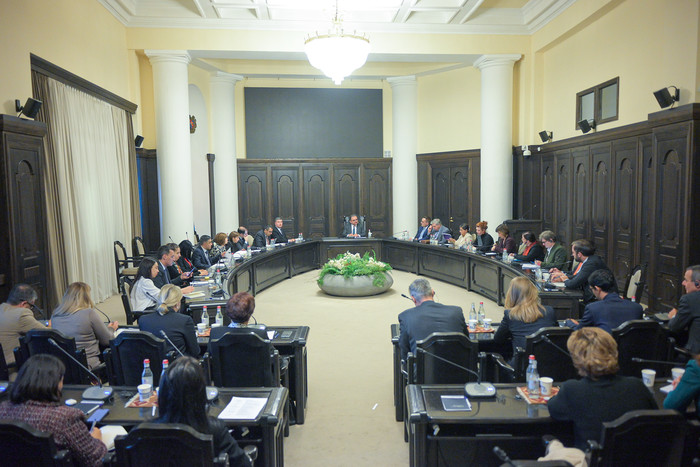
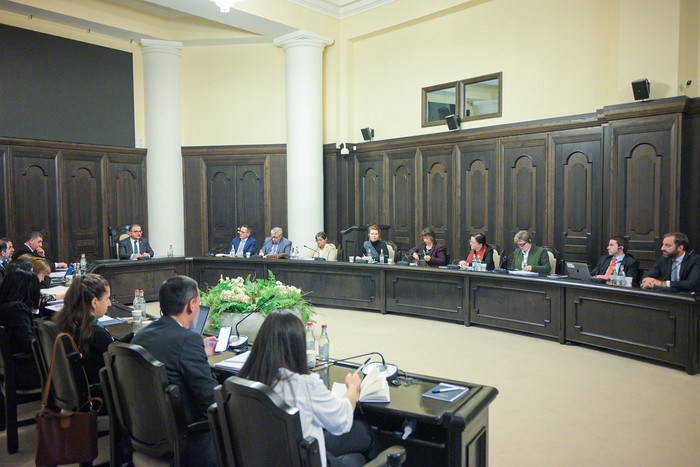
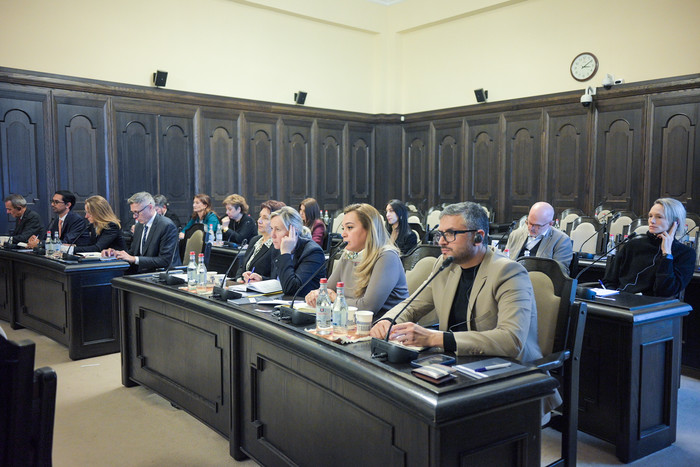
The Refugee Coordination Forum convened in November, by Deputy Prime Minister Mr. Tigran Khachatryan and UNHCR Representative Ms. Kavita Belani. International humanitarian and development partners joined in the discussion, focused on harmonizing efforts to address the needs of refugees. During the session, UNHCR Representative Kavita Belani delivered a comprehensive overview of the ongoing initiatives outlined in the Refugee Response Plan.
On 17 October 2023, the Deputy Minister of the Ministry of Foreign Affairs, Mr. Vahe Grigoryan and the UNHCR Director for the Europe Bureau, Mr. Philippe Leclerc, jointly launched the Armenia Interagency Refugee Response Plan (RRP) in Yerevan. The launch was attended by some 100 participants from the Government, embassies, UN agencies, NGOs and refugee-led organizations (RLOs). The RRP emphasizes emergency protection and assistance, while at the same time also focusing on inclusion, resilience, and solutions, targeting both refugees and host communities.
